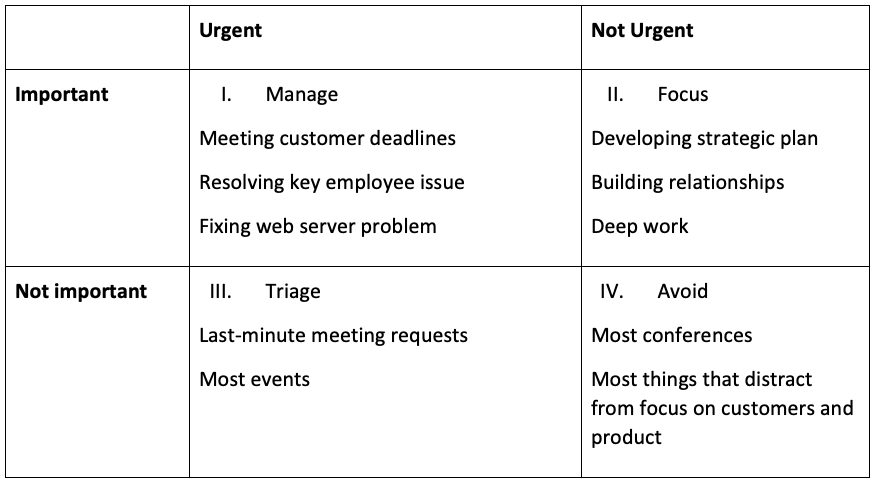Dwight Eisenhower was a productive person who is best remembered today as a military leader and two-term U.S. president. In World War II, Eisenhower served as a five-star general in the U.S. Army and supervised the invasion of Normandy as the commander of the Allied Expeditionary force in Europe.
After the war, Eisenhower served as president of Columbia University and as the first Supreme Commander of the North Atlantic Treaty Organization (which may be better known as NATO) before running for president in 1952. He was elected twice in landslide votes (with the help of his famous “I Like Ike” slogan), serving as president from 1953 till 1961.
As president, Eisenhower signed the Civil Rights Act of 1957, championed the interstate highway system, and authorized the creation of the space program while containing the spread of Communism across the world. He still found time to golf frequently during his presidency, even having his golf balls painted black so he could play when there was snow on the ground. He also found oil painting relaxing, creating about 260 paintings in the final 20 years of his life.
Eisenhower Decision Matrix
Success in so many endeavors required Eisenhower to be a master of prioritizing tasks and making decisions. To optimize productivity, he employed a simple decision-making tool that has become known as the Eisenhower Decision Matrix. The tool helps you discern between urgent and important tasks and is built on the idea that what is important is seldom urgent and what is urgent is seldom important.
The two-by-two matrix helps prioritize your actions into four possibilities. Start by drawing a four-square grid and label the quadrants according to the following categories.
- Urgent and Important. In this square, list the tasks you will do immediately. These are time sensitive and important tasks that help achieve your goals. Examples include meeting a customer deadline, resolving a key employee issue, or fixing a web server problem.
- Important But Not Urgent. Aim to invest most of your time working on tasks that fall into this quadrant. These tasks are important but do not need immediate attention. Examples include developing a strategic plan, creating a budget, building relationships, or solving an important engineering problem.
- Urgent But Not Important. Here, you should list the tasks you will try to outsource or delegate to someone else. The items in this quadrant will be issues that make you feel like you need to react immediately, but they likely don’t have long-term consequences. This list may include responses to last minute meeting requests, most events, text messages, emails, or a timely news story.
- Neither Urgent Nor Important. These are the tasks to avoid. This is the most important category. The best and most underutilized productivity tool is saying, “No,” and removing a task from your list. Ask yourself, “Do I really need to do this?” Examples include attending most conferences and most things that distract from focus on customers and product.

Effective Productivity Tool
Don’t waste time and mental energy keeping your tasks in your head or spread across emails, meeting notes, and pieces of paper. I use the Eisenhower Decision Matrix every day to prioritize my “to-do” list. When I arrive at my desk, the first thing I do is spend five to ten minutes slotting my tasks for the day into these four categories. I use a free version of a note-taking app called Notion and organize my to-do list under these four headings. I can then access my list on my mobile phone or computer whenever I need it.
I find it useful to identify my top priority for the day and then order my tasks to follow. This practice better organizes my day, prevents unnecessary task switching, and allows me to stay focused on my number-one priority. After completing a task, I don’t need to think about what to do next, conserving mental energy and reducing distraction.
Don’t risk getting jerked like a puppet by the conditions around you. Use the Eisenhower Decision Matrix to focus the majority of your time on important non urgent tasks.